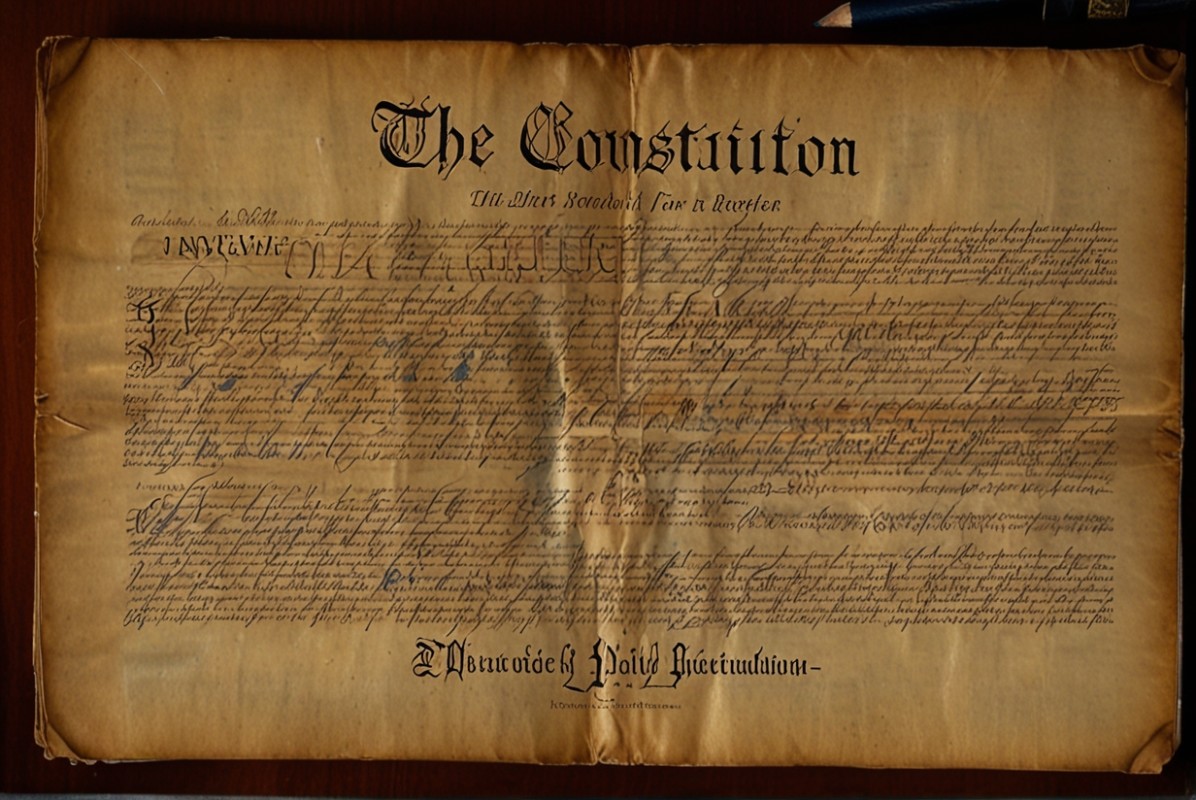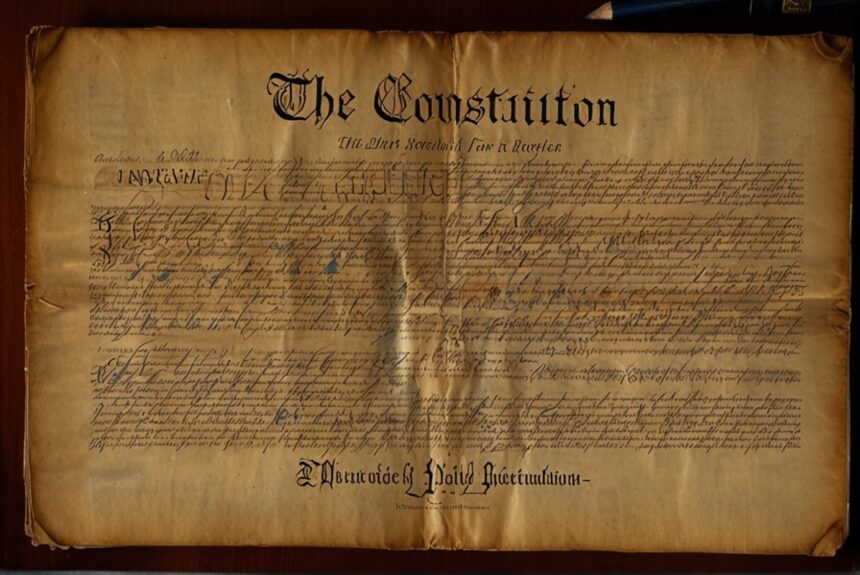
The United States is best known for its Second Amendment. In fact, the right to bear arms may be said to be one of the national characteristics of the American nation. Some would say that without the Second Amendment, the United States would remain just an overseas Europe. And what is happening now with Bitcoin regulation could become the same legal pillar for the US state.
The right to “keep and bear arms” was included for the purpose of national defense, restraining the tyranny of the federal government, and ensuring a balance of power between the people, the states, and the federal government. Anti-Federalists believed that the centralized standing army established by the Constitutional Convention gave the federal government excessive power and the potential for violent repression. In 2008, the Supreme Court ruled in District of Columbia v. Heller that the Second Amendment protects an individual’s right to bear arms for self-defense. This ruling was expanded to state and local law in 2010 through McDonald v. City of Chicago. No need to dig any deeper. Let’s take a look at how it relates to Bitcoin.
The last five years have been extremely tough for US Bitcoin users, especially miners. Free market values and cheap electricity prices (perhaps over the past year) have created a huge market and community for Bitcoin mining companies. At the same time, tax uncertainty has made life extremely difficult for these companies. It’s impossible to run a business without knowing how to file your taxes. Because of this, the United States has become something of a third world country when it comes to doing business.
On top of that, there was also a huge push from the European Union’s MiCa regulation – a huge piece of legislation that defines almost every aspect of the Web3 economy. A real product of European bureaucracy. Some say the regulation is strict and uncomfortable, but at least it brings certainty. After that, many companies started setting up branches in the EU with a full relocation in mind. It seemed as if the US was losing out on crypto.
But a few things have happened in the last few months. As a lawyer, I think this is groundbreaking. I’m talking about the Right to Mining initiative. The Satoshi Action Fund has released a model “Right to Mining” bill to protect commercial cryptocurrency mining operations from local oversight and regulation. Key provisions of this model bill include:
- Prohibits local governments from enacting zoning or noise ordinances that could restrict the operation of noisy cryptocurrency mining facilities.
- It prevents utility regulators from properly overseeing cryptocurrency mining operations and setting appropriate electricity rates that take into account costs, their impact on the power grid, and the impact on other consumers.
Currently, several states have passed or proposed similar “mine rights” bills, including Arkansas, Montana, Missouri, Mississippi, Louisiana, and Virginia. These laws are intended to protect cryptocurrency mining activities from government intervention and regulation. The common goal of these efforts is to establish “fundamental Bitcoin rights” that prevent state and local governments from restricting or properly managing the cryptocurrency mining industry.
Both the Second Amendment and “digging rights” legislation are rooted in a desire to limit government intervention and preserve individual/state rights. Both aim to balance power between the federal government, states, and national/private entities. they share the same values. And they can have similar consequences.
Similarly, the issue of centralizing or decentralizing the rights to mine cryptocurrencies is also currently emerging. Meanwhile, some states and senators are seeking to limit or regulate mining, citing environmental concerns and strain on the power grid. Meanwhile, the Satoshi Action Fund and other lobbyists advocate a “right to mine” and decentralized approach without excessive government intervention.
If the Satoshi Foundation’s efforts are successful, they could give the US Web3 economy a boost, comparable to the boom after World War I. And what’s most interesting is that this effort shows that Web3 may not need fully developed, large-scale regulation; a very basic foundation is enough, and the market can do the rest. And what’s most interesting is that this is a completely different approach from the European Union. It’s hard to say which is better, but diversity will definitely lead to regulatory competition. And any competition is best for the community.
The right to arms was a milestone in U.S. history. Although it was more focused on external enemies, it actually allowed people to defend their independence and freedom. Mining rights or basic Bitcoin rights are focused on economic freedom.
As a non-American lawyer, I have been very pessimistic for the past few years. I thought the US was not what it used to be. The Bitcoin community faces a completely different reality than previous generations who managed to make the US economy number one in the world. But looking at what is happening now, I think the US still has that spirit, and this spirit may be more deeply connected to the Web3 economy than it might seem at first glance.
This is a guest post by Artem Afian. The opinions expressed here are entirely Artem Afian’s own and do not necessarily reflect the opinions of BTC Inc or Bitcoin Magazine.








